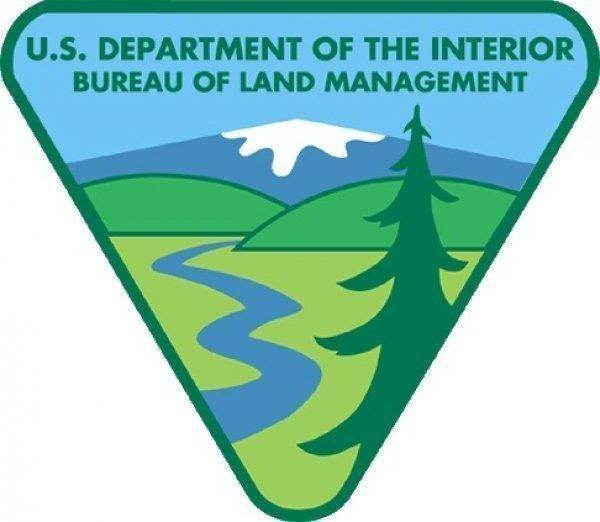Press Release
SALT LAKE CITY — The U. S. Department of the Interior has announced $10 million in funding for the Wildland Fire Resilient Landscapes Program. With that announcement, the Bureau of Land Management (BLM) Utah will receive an additional $3.5 million in funding for fuels reduction and greater sage-grouse habitat improvements in the southwest part of the state.
Utah projects receiving funding are part of the Southern Utah Resilient Landscape Collaborative and include Park Mountain, Hamlin Valley, Yellow Jacket and Panguitch South Canyon. These areas were identified as being important sage-grouse habitat. Work is intended to conserve, maintain, and restore sagebrush communities by reducing pinyon pine and juniper encroachment, varying the age of sagebrush communities, and establishing vegetation to restore resilience of the landscape.
“The money will make a difference on the ground,” said Jenna Whitlock, acting BLM-Utah state director. “This is a great program that illustrates how much we can accomplish when organizations with common goals work collaboratively.”
Last year, BLM Utah received $2.6 million in Resilient Landscape funding. That funding, leveraged with additional BLM funds and contributions from the Utah Partnership for Conservation and Development (UPCD) and its Watershed Restoration Initiative, totaled $5,252,500, which was used to improving habitat and reducing fire threats on 37,024 acres. A video about the work can be viewed here: https://www.youtube.com/watch?v=1NSZNaBDlk4.
Other contributors through UPCD to the Southern Utah Resilient Landscape Collaborative include Utah Department of Natural Resources, Utah Division of Wildlife Resources Habitat Council, Deer and Pronghorn Conservation Permit Funds, Utah School and Institutional Trust Lands, Mule Deer Foundation, Rocky Mountain Elk Foundation, Sportsmen for Fish & Wildlife, Utah Bowman’s Association, Safari Club International, Natural Resources Conservation Service, U.S. Fish and Wildlife Service, Utah Division of Forestry, Fire and State Lands and Utah State University. The majority of the work has been done through contracts issued by the state.
Utah-BLM has a strong history of investing in sage-grouse habitat improvement. Since 2003, the agency has invested almost $40 million and treated more than 402,641 acres through its fuels management program. Partner contributions have added an additional $6.4 million to the effort.
Utah has also received funding from the Southwest Colorado Resilient Landscape Collaborative for work along the Delores River. In 2015, $33,000 was received for 132 acres of treatments; $50,000 in new funding was received this year
The Resilient Landscape program is a new approach to achieve fire resiliency goals across landscapes, based on collaborative efforts. The program strengthens fire management’s ability to restore and maintain landscapes across all jurisdictions, while increasing overall resistance to disturbances.
“The key to success in this effort is how well the partners work together. Over time, we all have a common goal. We want to achieve restored landscapes, help them to become more resilient, and allow fire to play its natural role in ecosystems,” Whitlock said.
The BLM manages more than 245 million acres of public land, the most of any Federal agency. This land, known as the National System of Public Lands, is primarily located in 12 Western states, including Alaska. The BLM also administers 700 million acres of sub-surface mineral estate throughout the nation. The BLM’s mission is to manage and conserve the public lands for the use and enjoyment of present and future generations under our mandate of multiple-use and sustained yield. In Fiscal Year 2015, the BLM generated $4.1 billion in receipts from activities occurring on public lands.

